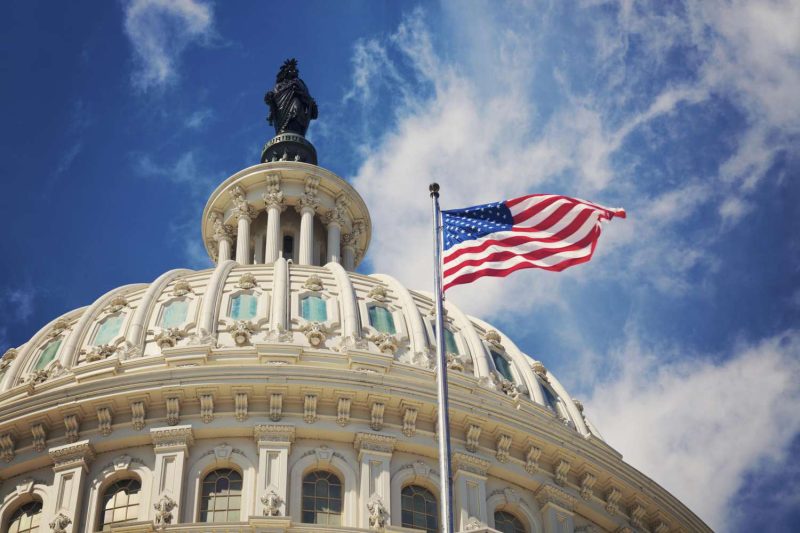A recently enacted U.S. law has granted the president unprecedented authority to block access to digital assets, sparking widespread concern about its broad implications and potential impact on users. Effective June 6, this law provides the U.S. president with extensive power to block access to digital assets. Scott Johnsson, a prominent figure in the digital assets field, has criticized the law’s broad scope. He remarked:
“It’s hard to see how this isn’t intended to be a user-level ban power by the President on any protocol/smart contract that’s deemed by the Treasury Secretary to be ‘controlled, operated or [made] available’ by a foreign sanctions violator. Breathtaking scope and implications to corral users to KYC/permissioned chains.”
Legislative Maneuvering
Senator Mark Warner reportedly facilitated the law’s provisions by strategically inserting elements that expanded the president’s powers over digital assets. The new law defines “digital assets” broadly, including any digital representation of value recorded on cryptographically secured distributed ledgers. It encompasses:
- Any communication protocol
- Smart contracts
- Other software deployed through distributed ledger technology
- Mechanisms for users to interact and agree on trade terms for digital assets
Presidential Authority Under the New Law
Under this legislation, the president can block transactions between U.S. persons and foreign entities identified as supporting terrorist organizations. Additionally, the law imposes stringent conditions on foreign financial institutions maintaining accounts in the U.S. if they are found facilitating such transactions. The law clearly states:
“prohibit any transactions between any person subject to the jurisdiction of the United States and a foreign digital asset transaction facilitator identified under paragraph (1).”
Also Read: Biden Urged to Act on Binance Exec’s Detention in Nigeria
Implications for Digital Asset Users
Johnsson’s analysis suggests that the law’s broad applicability could force users to move to Know Your Customer (KYC)-compliant and permissioned blockchain networks. Consequently, this shift might limit users to regulated blockchains, effectively exerting control over digital assets under the guise of combating terrorism.
The elements added by Warner are reportedly borrowed from the Terrorism Financing Prevention Act, introduced in December 2023. This act allows the U.S. Treasury Department to address “emerging threats involving digital assets.”
